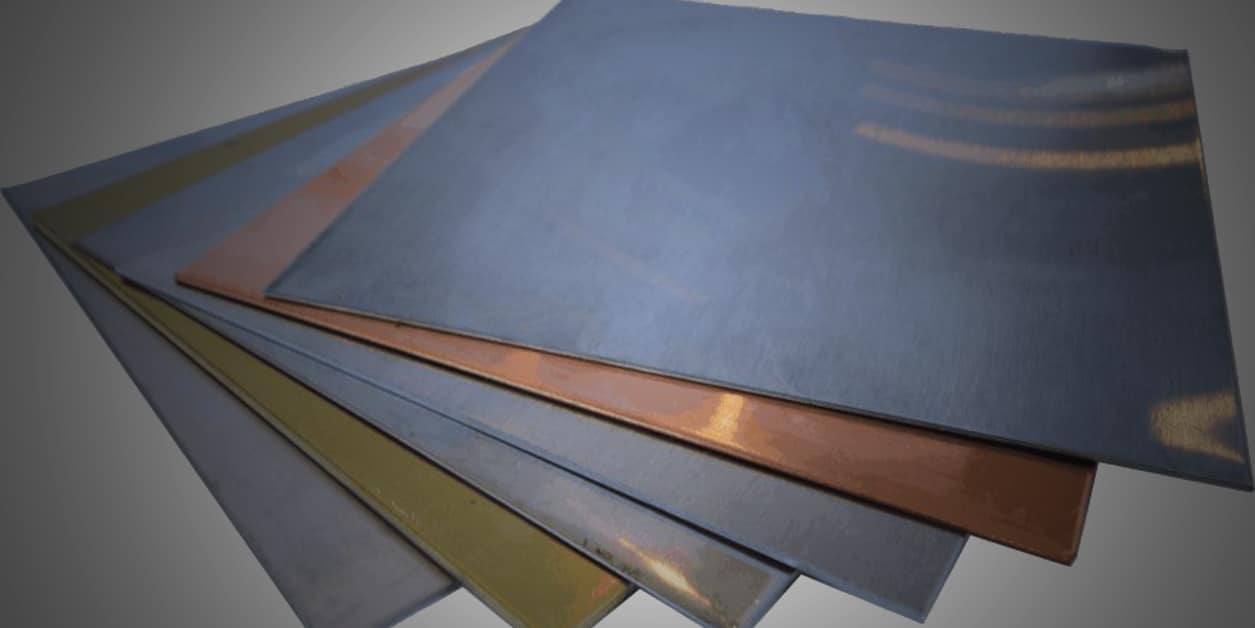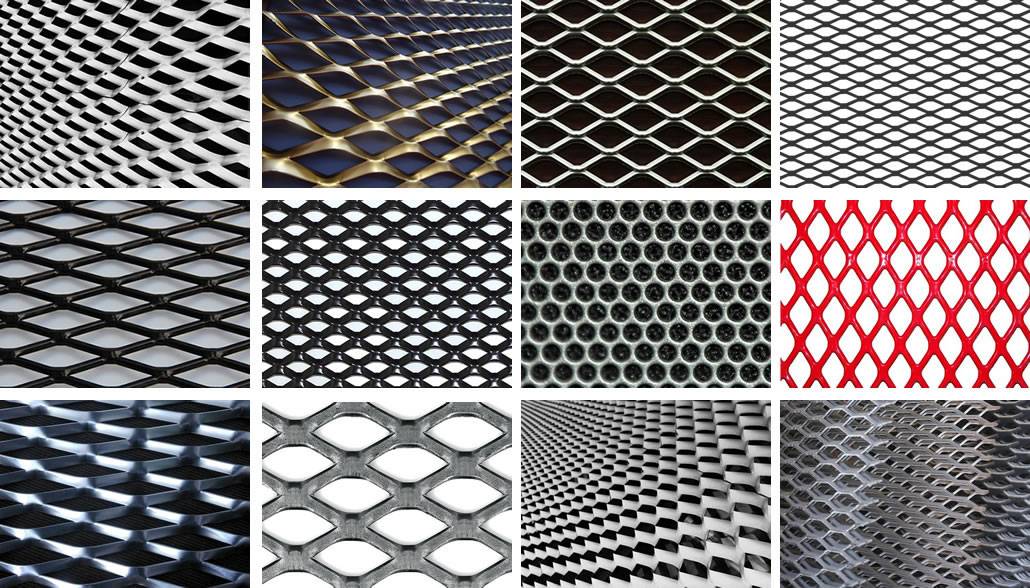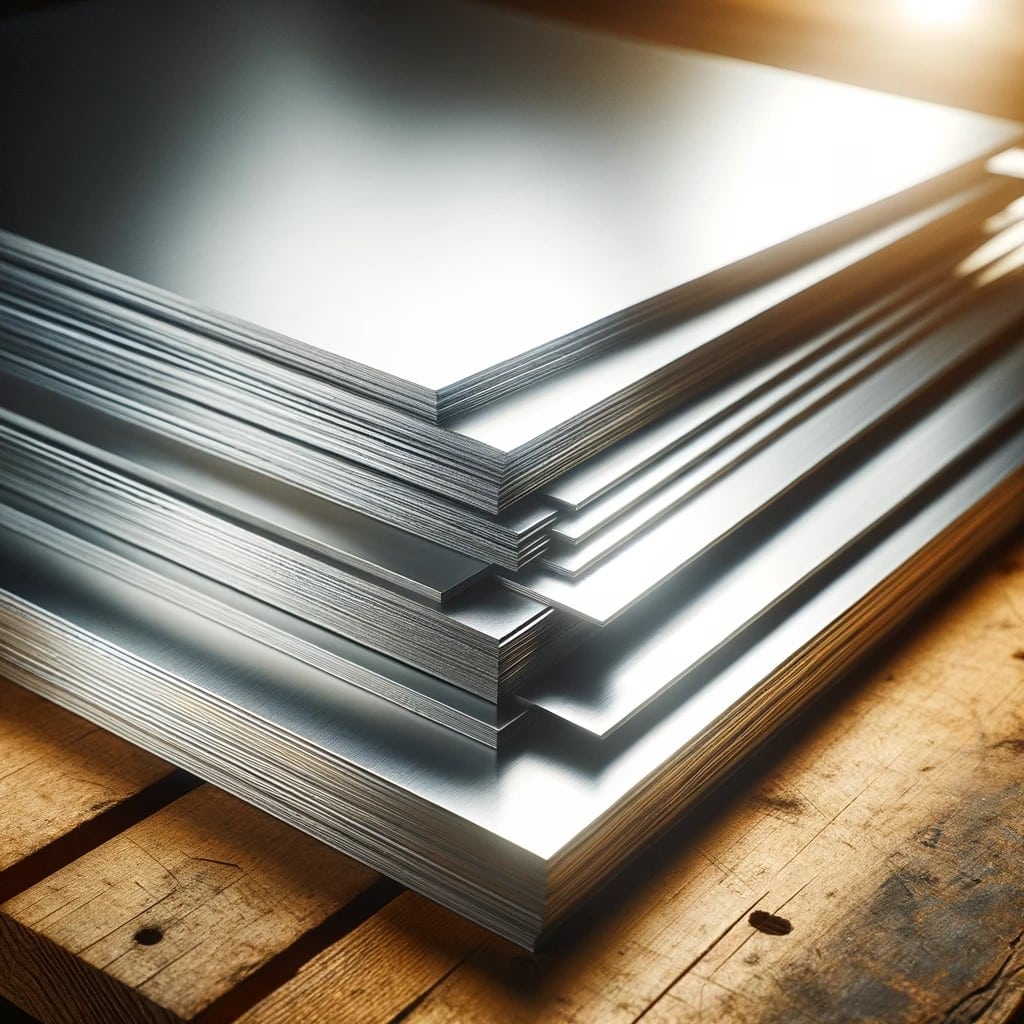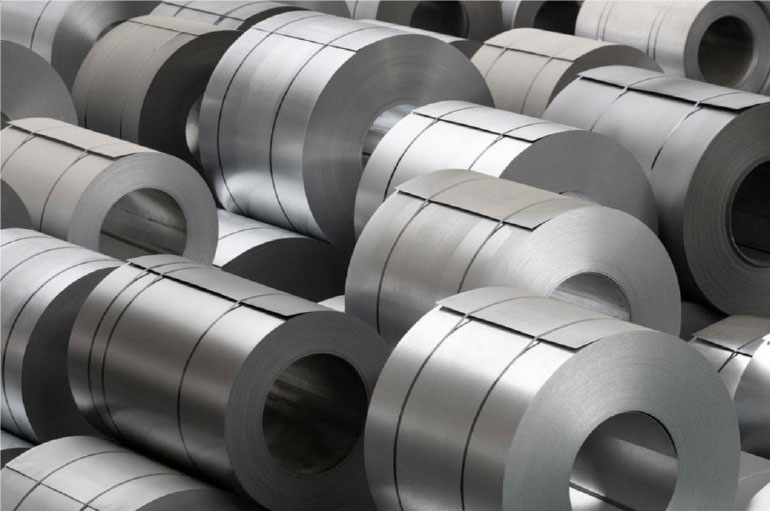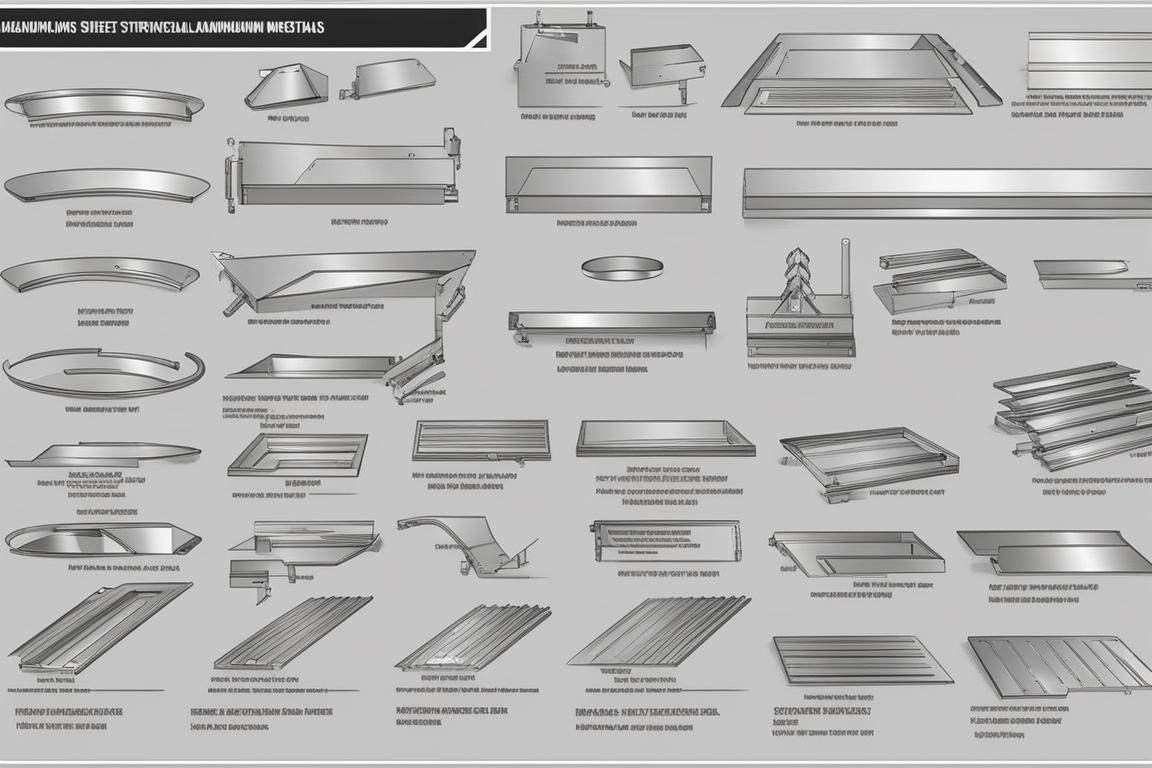Sheet Metal Types - In this research article, we talked about 9 different types of sheet metals and their uses with few important frequently asked questions. Many different types of metal can be processed into sheet form, including aluminum, brass, copper, steel, titanium, tin and stainless steel, to name some common ones. Get ready to gain all the required information on the topic with our complete guide. There are six major types of sheet metal material, each with its own unique advantages: Sheet metal is one of the fundamental forms used in metalworking,. Sheet metal is metal that has been formed into thin, flat pieces, usually through an industrial process. Sheet sizes also come in multiple thicknesses. For applications that require a more. It is generally produced in sheets less than 6 mm thick. Interested in knowing about the different types of sheet metals and their uses?
Interested in knowing about the different types of sheet metals and their uses? It is generally produced in sheets less than 6 mm thick. Sheet metal is one of the fundamental forms used in metalworking,. In this research article, we talked about 9 different types of sheet metals and their uses with few important frequently asked questions. For applications that require a more. Get ready to gain all the required information on the topic with our complete guide. Sheet metal is metal that has been formed into thin, flat pieces, usually through an industrial process. Many different types of metal can be processed into sheet form, including aluminum, brass, copper, steel, titanium, tin and stainless steel, to name some common ones. Sheet sizes also come in multiple thicknesses. There are six major types of sheet metal material, each with its own unique advantages:
It is generally produced in sheets less than 6 mm thick. Interested in knowing about the different types of sheet metals and their uses? Sheet sizes also come in multiple thicknesses. There are six major types of sheet metal material, each with its own unique advantages: Sheet metal is metal that has been formed into thin, flat pieces, usually through an industrial process. Many different types of metal can be processed into sheet form, including aluminum, brass, copper, steel, titanium, tin and stainless steel, to name some common ones. In this research article, we talked about 9 different types of sheet metals and their uses with few important frequently asked questions. Get ready to gain all the required information on the topic with our complete guide. Sheet metal is one of the fundamental forms used in metalworking,. For applications that require a more.
What are the different types of sheet metal? McAlpin Industries
Get ready to gain all the required information on the topic with our complete guide. Sheet metal is metal that has been formed into thin, flat pieces, usually through an industrial process. Sheet sizes also come in multiple thicknesses. Many different types of metal can be processed into sheet form, including aluminum, brass, copper, steel, titanium, tin and stainless steel,.
9 different types of sheet metal operations with diagram pdf Artofit
It is generally produced in sheets less than 6 mm thick. Get ready to gain all the required information on the topic with our complete guide. Sheet sizes also come in multiple thicknesses. There are six major types of sheet metal material, each with its own unique advantages: Many different types of metal can be processed into sheet form, including.
Common Types of Sheet Metal Meta Fab, Inc.
Sheet sizes also come in multiple thicknesses. Sheet metal is one of the fundamental forms used in metalworking,. Interested in knowing about the different types of sheet metals and their uses? Sheet metal is metal that has been formed into thin, flat pieces, usually through an industrial process. It is generally produced in sheets less than 6 mm thick.
Glory Expanded Metal Factory Expanded Metal Sheet Products
It is generally produced in sheets less than 6 mm thick. Interested in knowing about the different types of sheet metals and their uses? Sheet metal is metal that has been formed into thin, flat pieces, usually through an industrial process. Get ready to gain all the required information on the topic with our complete guide. There are six major.
Exploring the Diverse Types of Aluminium Sheet Metal A Speciality
It is generally produced in sheets less than 6 mm thick. In this research article, we talked about 9 different types of sheet metals and their uses with few important frequently asked questions. Sheet metal is one of the fundamental forms used in metalworking,. There are six major types of sheet metal material, each with its own unique advantages: Many.
What Are The Different Types Of Sheet Metals For Fabrication?
Sheet sizes also come in multiple thicknesses. Sheet metal is metal that has been formed into thin, flat pieces, usually through an industrial process. Many different types of metal can be processed into sheet form, including aluminum, brass, copper, steel, titanium, tin and stainless steel, to name some common ones. It is generally produced in sheets less than 6 mm.
Types Of Sheet Metal Bends at Harrison Greenwood blog
In this research article, we talked about 9 different types of sheet metals and their uses with few important frequently asked questions. Sheet metal is metal that has been formed into thin, flat pieces, usually through an industrial process. For applications that require a more. Sheet sizes also come in multiple thicknesses. Get ready to gain all the required information.
Understanding Sheet Metal Types, Gauges and Thicknesses
For applications that require a more. It is generally produced in sheets less than 6 mm thick. Sheet metal is one of the fundamental forms used in metalworking,. Interested in knowing about the different types of sheet metals and their uses? Get ready to gain all the required information on the topic with our complete guide.
The Ultimate Sheet Metal Fabrication Tutorial for Beginners Atlas
Interested in knowing about the different types of sheet metals and their uses? Sheet metal is metal that has been formed into thin, flat pieces, usually through an industrial process. Many different types of metal can be processed into sheet form, including aluminum, brass, copper, steel, titanium, tin and stainless steel, to name some common ones. Sheet metal is one.
What Is Sheet Metal Seattle, Washington Metal Werks
Interested in knowing about the different types of sheet metals and their uses? Many different types of metal can be processed into sheet form, including aluminum, brass, copper, steel, titanium, tin and stainless steel, to name some common ones. It is generally produced in sheets less than 6 mm thick. Sheet sizes also come in multiple thicknesses. Sheet metal is.
Sheet Sizes Also Come In Multiple Thicknesses.
Many different types of metal can be processed into sheet form, including aluminum, brass, copper, steel, titanium, tin and stainless steel, to name some common ones. Sheet metal is one of the fundamental forms used in metalworking,. It is generally produced in sheets less than 6 mm thick. In this research article, we talked about 9 different types of sheet metals and their uses with few important frequently asked questions.
Sheet Metal Is Metal That Has Been Formed Into Thin, Flat Pieces, Usually Through An Industrial Process.
Get ready to gain all the required information on the topic with our complete guide. Interested in knowing about the different types of sheet metals and their uses? For applications that require a more. There are six major types of sheet metal material, each with its own unique advantages:


